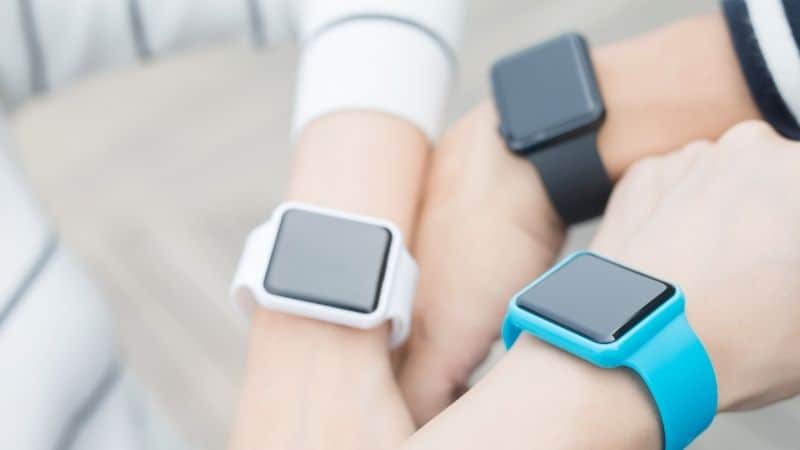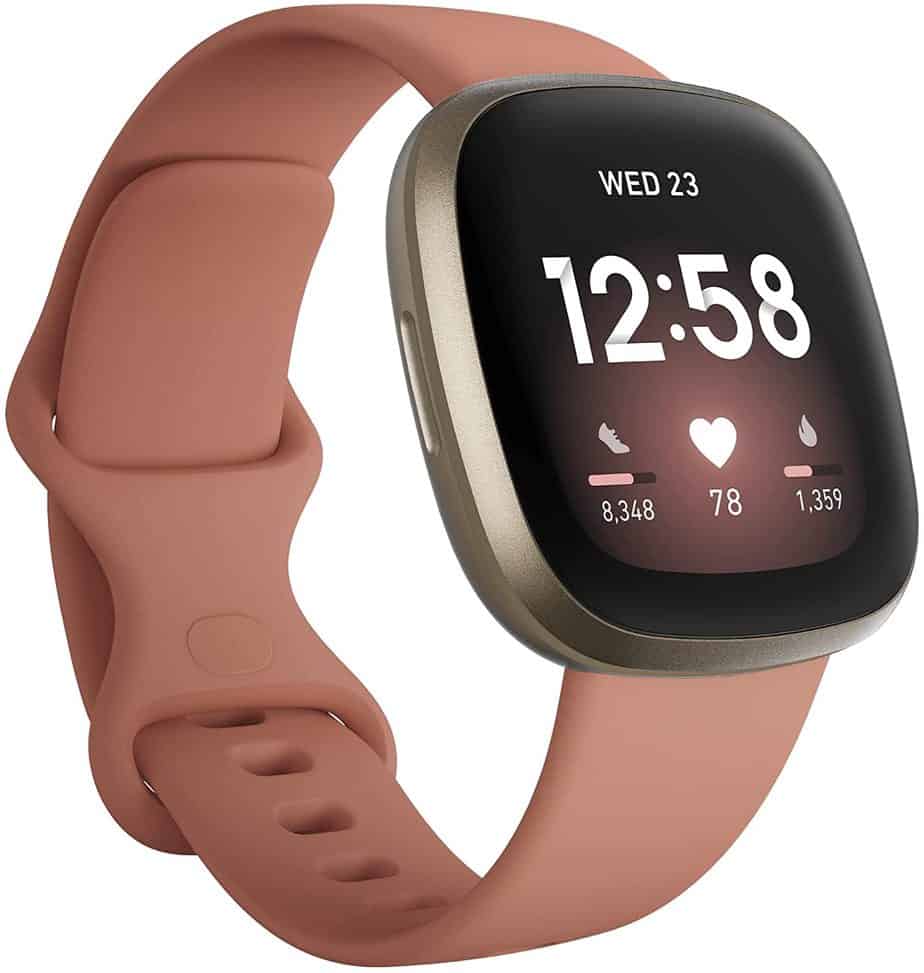Fitbit Versa 2 Vs Versa 3

Table of Contents
The Fitbit Versa 2 and Versa 3 are two smartwatches from Fitbit. They have similar features, but they also differ in some key areas. For example, The Versa 2 has a smaller display compared to the Versa 3, but the Versa 3 has better battery life.
Both watches have GPS tracking capabilities of a kind, but the Versa 2 does not have heart rate monitoring. Both are solid choices for fitness enthusiasts who want a stylish watch that tracks their daily activities, but let’s take a look and see if we can find the right model for you.
Prime Day is finally here! Find all the biggest tech and PC deals below.
- Sapphire 11348-03-20G Pulse AMD Radeon™ RX 9070 XT Was $779 Now $739
- AMD Ryzen 7 7800X3D 8-Core, 16-Thread Desktop Processor Was $449 Now $341
- ASUS RTX™ 5060 OC Edition Graphics Card Was $379 Now $339
- LG 77-Inch Class OLED evo AI 4K C5 Series Smart TV Was $3,696 Now $2,796
- Intel® Core™ i7-14700K New Gaming Desktop Was $320.99 Now $274
- Lexar 2TB NM1090 w/HeatSink SSD PCIe Gen5x4 NVMe M.2 Was $281.97 Now $214.98
- Apple Watch Series 10 GPS + Cellular 42mm case Smartwatch Was $499.99 Now $379.99
- ASUS ROG Strix G16 (2025) 16" FHD, RTX 5060 gaming laptop Was $1,499.99 Now $1,274.99
- Apple iPad mini (A17 Pro): Apple Intelligence Was $499.99 Now $379.99
*Prices and savings subject to change. Click through to get the current prices.
The Design
Being iterations on the same model the Versa 2 and Versa 3 have the same basic design, although the Versa 3 has a few upgrades, including integrated GPS.
The Versa 3 also looks more modern overall and looks more like the Fitbit Sense than the Versa 2 when you really get up close and personal. Its lines are more curved for an aesthetic that the company claims was inspired by the human body.
The Versa 2 and 3 both feature a polymer case and silicone band available in two sizes. You can also purchase different bands for both of these watches if you’d prefer a different color or feel. In terms of colorways, the Versa 2 comes in three variations while Versa 3 comes with five. The Versa 2’s are as follows:
- Black with carbon aluminum
- Stone with carbon aluminum
- Petal with rose copper aluminum
The Versa 3’s colorways are as follows:
- Midnight with soft gold aluminum
- Black with black aluminum
- Pink Clay with soft gold aluminum
- Thistle with soft gold aluminum
- Olive with soft gold aluminum
Health Features

The Versa 3 has everything that the Versa 2 has, with some upgrades to enhance your fitness journey. The main difference is that the 3 has its own GPS within the watch while the Versa 2 has to use your phone’s GPS.
This means that while you have to take your phone with you to use the Versa 2’s GPS, you can leave it at home when running, swimming, or cycling with the Versa 3.
A watch with its own GPS also has better accuracy than ones that use a phone GPS, so if you need the most accurate timings and miles traveled, the Versa 3 is the one for you.
Both of these watches track your heart rate around the clock as well as every step you take.
They both have the same 20 workout modes, and will automatically start tracking a workout when they feel that you are exercising.
You can monitor your sleep as well with both the Versa 2 and 3, and they’ll monitor your breathing rate as well. The Versa 3, though, has a mode in which it can guide you through breathing sessions.
Smartwatch Features
Again, Versa 3 comes with everything that the Versa 2 does – Alexa compatibility, allows you to play Spotify, and app notifications. They both also support contactless payments.
However, Versa 3 comes with a few more features such as allowing you to receive calls. You can also stream Deezer instead of only Spotify.
Versa 2 isn’t without its perks, though, some of which Versa 3 doesn’t have. You can store up to 300 songs on your Versa 2 and it is compatible with Google Home, which the 3 is not.
Summary
If you’re looking for a smartwatch that can do everything from keeping tabs on your health to playing music, then the Versa 3 is definitely the best choice.
It has all the same features as the Versa 2 but with an upgraded GPS system and more features both in the health and smartwatch categories.
However, the Versa 2 is less expensive and comes with a few beneficial features that the 3 lost in the upgrade. These include storing songs and compatibility with Google Home.
Overall, we think that the Versa 3 is well worth the extra money thanks to all of the upgrades you can benefit from. However, which you choose will all depend on your personal preference and budget.


